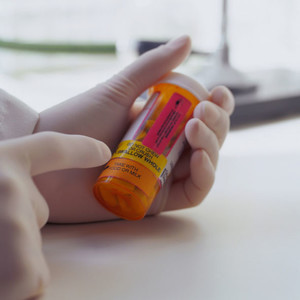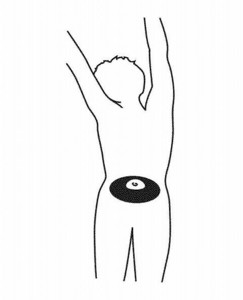Out-of-pocket spending caps on specialty drugs in the US have reduced spending by 32% for some patients, finds a new study of almost 30,000 specialty drug users [1].
Three states in the US have passed legislation capping monthly out-of-pocket payments for specialty drugs, which are used to treat complex or life-threatening conditions such as multiple sclerosis and rheumatoid arthritis.
Spending on specialty drugs has increased in recent years. Health plan spending for specialty drugs has increased to almost half of total drug spending in the US, despite representing less than 2.5% of total prescriptions dispensed. There is therefore a significant financial burden for patients who depend on these specialty medications.
To alleviate this, 11 states have introduced legislation to limit out-of-pocket costs for patients who take specialty drugs. Of these, Delaware, Louisiana and Maryland have successfully passed the legislation. In these three states, monthly out-of-pocket costs for payments with commercial health plans are capped at US$150 for specialty medications. This applies to co-payments and co-insurance, but not deductibles.
To assess the effect of these caps, a recent study analysed data on over 27,000 US patients taking specialty medications. The patients took medications for rheumatoid arthritis, multiple sclerosis, hepatitis C, psoriasis, psoriatic arthritis, Crohn’s disease or ulcerative colitis and were members of commercial health plans.
The researchers assessed the differences in out-of-pocket spending for patients as well as health-plan spending in the states that enacted caps compared to states that did not, three years before and up to three years after the caps were introduced.
They found that caps were associated with a 32% reduction in patient spending, which is equivalent to US$351 per user per month, among users in the 95th percentile of spending on specialty drugs.
Further analysis showed a bigger reduction in spending for people with hepatitis C than other diseases, suggesting that caps may be more effective for cases of very high but temporary out-of-pocket costs.
The caps did not have any significant impact on health-plan spending, despite prior concerns that they would increase health-plan spending and therefore insurance premiums.
The authors say their findings suggest that out-of-pocket spending caps spread the financial risk faced by a small section of the population without significantly increasing spending for the broader population, which could help to inform state and federal policies in the US.
Related articles
Study reveals link between socioeconomic status and brand-name prescriptions
US policy brief identifies barriers to biosimilars uptake
American College of Physicians makes new recommendations to cut drug spending
Reference
1. Yeung K, Barthold D, Dusetzina SB et al. Patient and plan spending after state specialty-drug out-of-pocket spending caps. N Engl J Med. 2020;383(6):558-66.
Permission granted to reproduce for personal and non-commercial use only. All other reproduction, copy or reprinting of all or part of any ‘Content’ found on this website is strictly prohibited without the prior consent of the publisher. Contact the publisher to obtain permission before redistributing.
Copyright – Unless otherwise stated all contents of this website are © 2020 Pro Pharma Communications International. All Rights Reserved.








 0
0











Post your comment